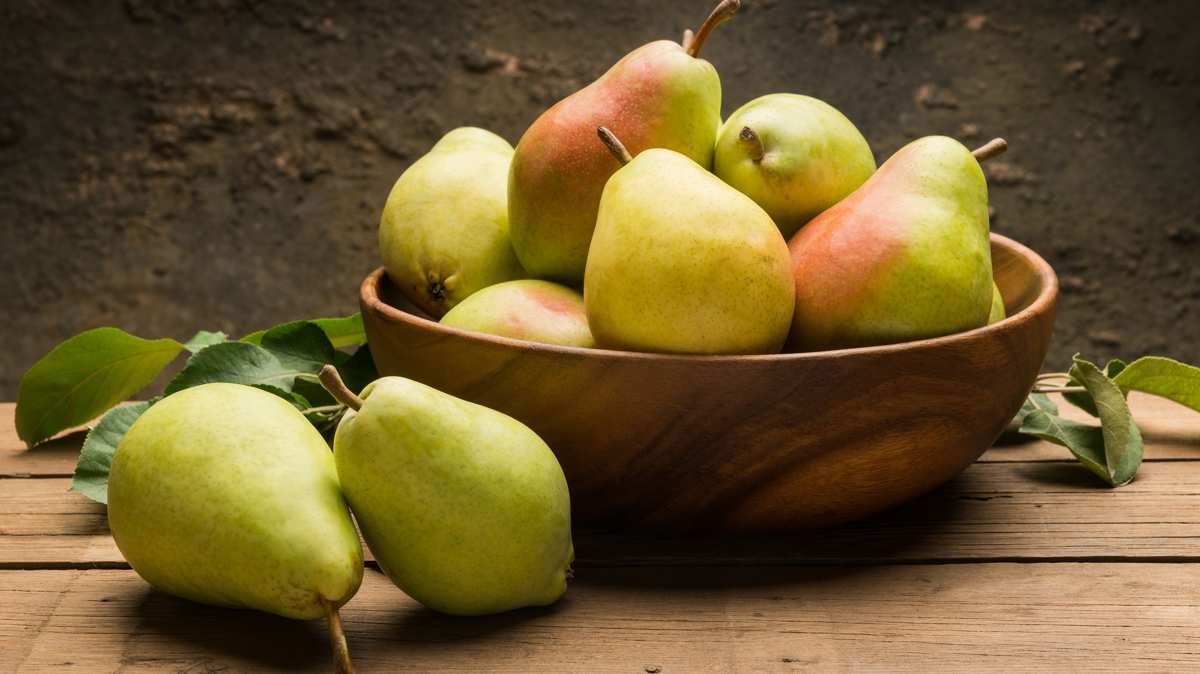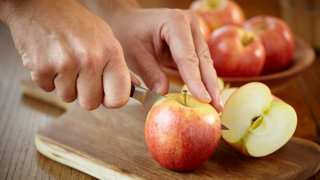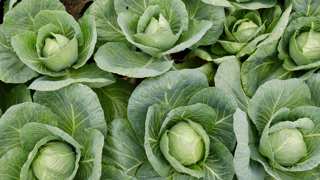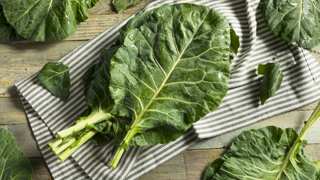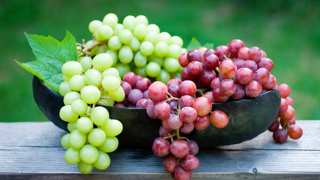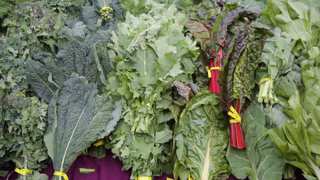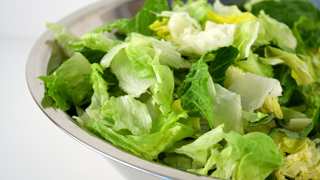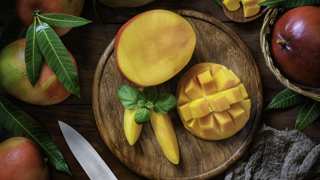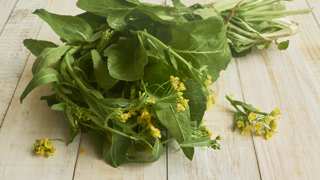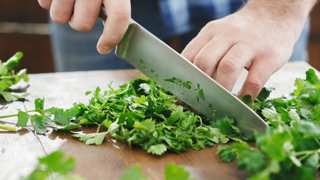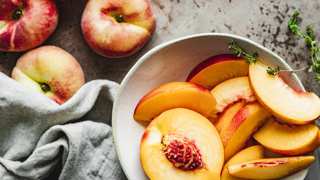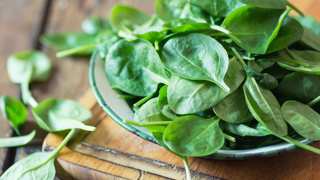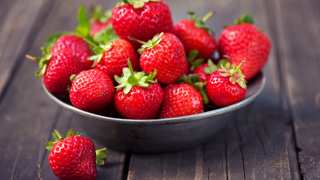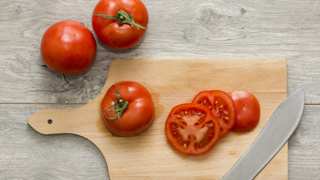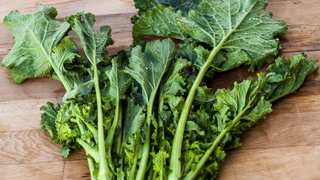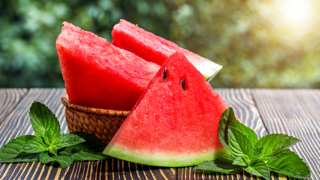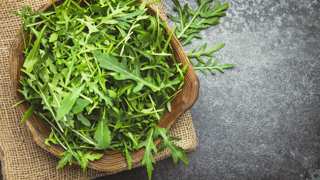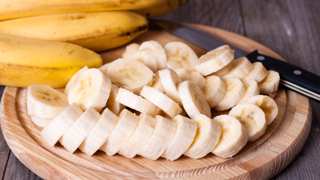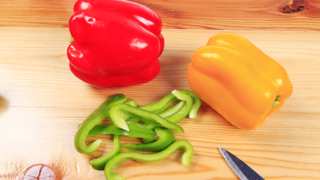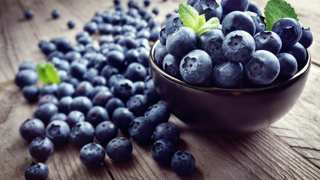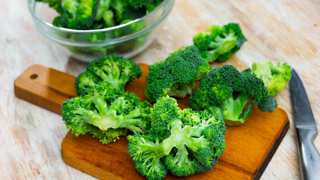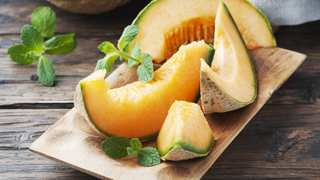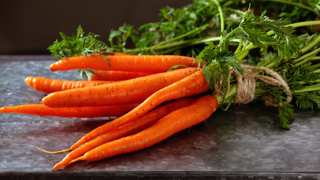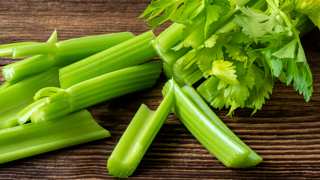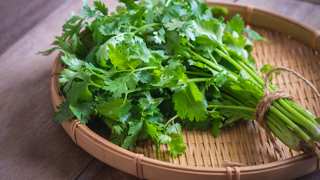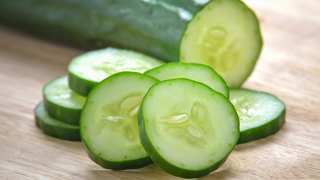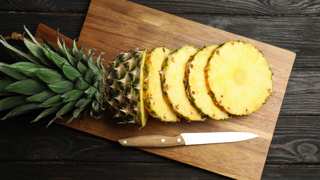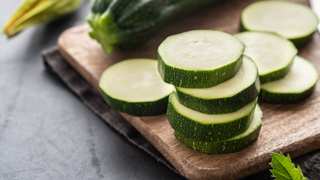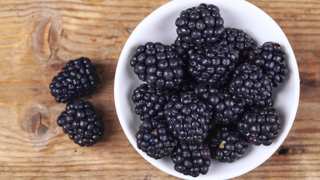Pear Nutrition Profile
Below is the complete nutrition profile of raw pears.
Pears (raw)Per 100g Serving
Areas of Interest
Below are the main areas of interest with feeding pears to bearded dragons.
High Sugar ContentAs previously mentioned, pears have a much higher sugar content than foods bearded dragons normally consume. Too much sugar can cause digestive discomfort and overtime can lead to dental and mouth issues. Sugar can also contribute to weight gain.
Phosphorus to Calcium RatioBearded dragons need calcium for skeletal health. A prolonged calcium deficiency will lead to metabolic bone disease and may cause other health issues. Ideally you want your bearded dragon's diet to have twice as much calcium than phosphorus. The easiest way to explain why is to assume each mg of phosphorus will block 1mg of calcium from being absorbed. Pears have less calcium than phosphorus so the excess phosphorus will bind to other calcium sources which will create a deficit. Pears have a better Ca:P ratio than other fruits like apples, so occasionally feeding them pears as treats shouldn't cause any concern.

